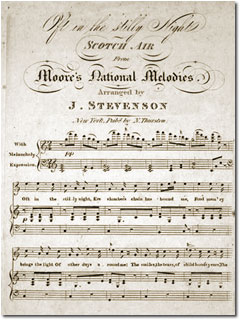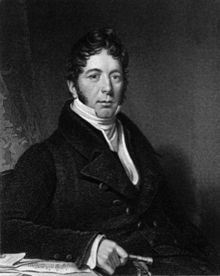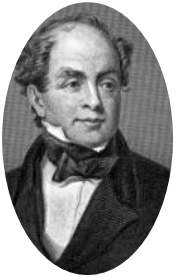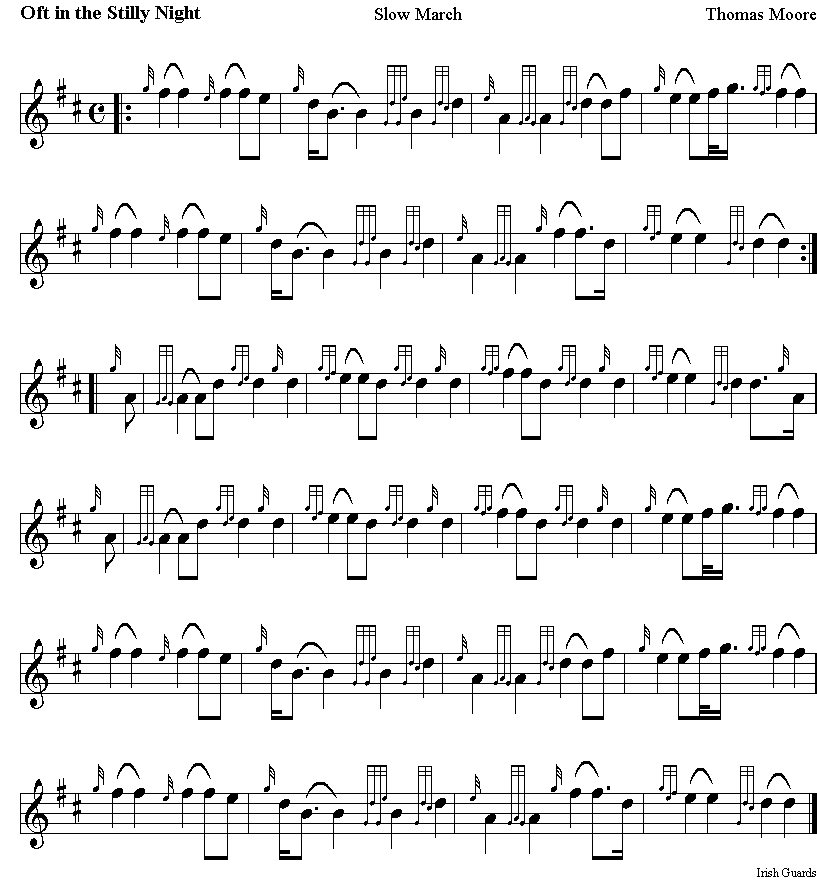Thomas Moore (28 May 1779 – 25 February 1852) was an Irish poet, singer, songwriter, and entertainer, now best remembered for the lyrics of "The Minstrel Boy" and "The Last Rose of Summer". He was responsible, with John Murray, for burning Lord Byron's memoirs after his death. In his lifetime he was often referred to as Anacreon Moore.
Thomas Moore was born at 12 Aungier-street in Dublin, Ireland, on 28 May 1779 over his father's grocery shop, his father being from the Kerry Gaeltacht and his mother, Anastasia Codd, from Wexford.
From a relatively early age Moore showed an interest in music and other performing arts. He sometimes appeared in plays with his friends, such as The Poor Soldier by John O'Keeffe, and at one point had ambitions to become an actor. Moore attended several Dublin schools including Samuel Whyte's English Grammar School in Grafton Street where he learned the English accent with which he spoke for the rest of his life. In 1795 he was educated at Trinity College, which had recently allowed entry to Catholic students, in an effort to fulfill his mother's dream of him becoming a lawyer. Moore was initially a good student, but he later put less effort into his studies. His time at Trinity came amidst the ongoing turmoil following the French Revolution and a number of his fellow students such as Robert Emmett were supporters of the United Irishmen movement, although Moore himself never was a member.
In Oft in the Stilly Night, Thomas Moore canvasses two periods (past and present) and kinds of memories (boyhood and present). The first stanza begins with memories of boyhood, and the last ends with present circumstances. The theme of death carries throughout. Two periods of memories occupy the first stanza. Death is first presented here in shining eyes that are now "dimmed and gone." It is next presented as "cheerful hearts now broken"; Moore transitions from boyhood to present time by switching from past to present tense in the space of two lines.
The second stanza brings near-present memories of "friends, so link'd together." Death is presented here as friends who "fall / Like leaves in wintry weather." Death is again presented in a personal connection and in a threatening way, threatening the poetic persona (who is accepted as being Moore himself).
The opening lines become the refrain, with a variation of "Thus" on the opening "Oft" when the lines form the stanza-end refrain. In conjunction with the tenses changes shown above and the personalization indicated by "Whose" and "he," the repeated lines bring the binding chains nearer and nearer to the persona thus creating a sense of impending doom that grows as the "other days around me" allude to nearer and nearer times.
Having explained this, the summary of the poem is that a speaker, facing a sense of doom accompanied by "chains" that bind, takes a verbal journey through the thoughts that engage his mind "in the stilly night / [Before] Slumber's chain has bound" him. He thinks of the light of "Fond memory" of "boyhood's years" and the loving words spoken. His thoughts then compare this to the absence of loving friends with "cheerful hearts now broken" in death.
Note that "Slumber's chain" that binds is a metaphor for psychological bonds of emotional chains, as in mourning for his dead children. With this in mind, in the end lines, his thoughts lean toward adulthood's memories of "friends" who "around [him] fall." Alone, as in "Some banquet-hall deserted," he feels the chains encroaching upon him--even as night's slumber encroaches--as "Sad Memory brings the [memory of] light / Of other days."


Sir John Andrew Stevenson (1761 – 14 September 1833) was an Irish composer of classical music. He is best known for his publications of Irish Melodies with poet Thomas Moore where he provided adaptations: Irish Melodies (1807–34) nos. 1 to 4 (1808–12), nos. 5 to 7 (1813–18), nos. 8 and 9 (1821–24) and no. 10 and Supplement (1834); The Sacred Melodies, published in periodical numbers between 1808–34 and National Airs (first edition 1815).
Differences arose between Moore and Stevenson as may be seen in the correspondence of Moore edited in 1852 by Lord John Russell and after the seventh number of Irish Melodies, the music was provided by Sir Henry Bishop (1786–1855). Despite this, Thomas Moore wrote a memorial poem for Stevenson entitled "Silence is in our Festal Halls". "Oft in the Stilly Night", a Scottish air from National Airs, was arranged by Stevenson in 1818.


